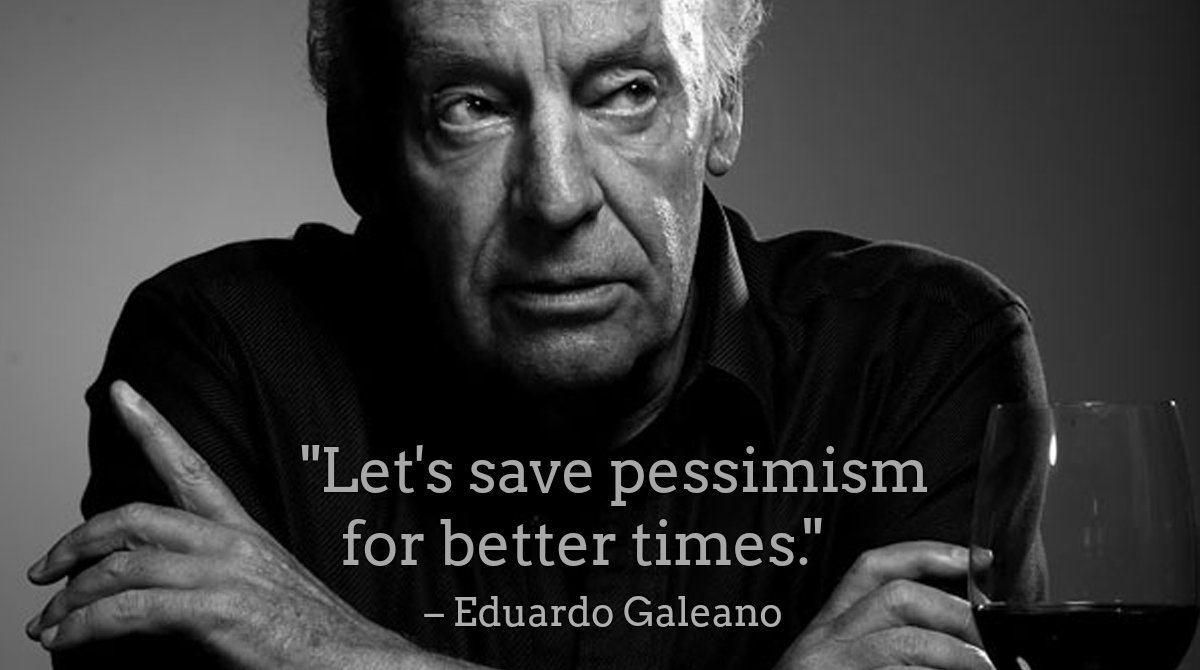— Booker T. Washington, who died in 1915
It's been a golden, packed few weeks: long drives and late dinners (and whisky)
SAFE TEXTING: How SMS Works—and Why You Shouldn’t Use It Anymore

Ibsen’s vision inclined toward the tragic. He subjected all the good things he praised—freedom, self-fulfillment, love, nobility, happiness—to the acid test, which revealed every flaw and sometimes dissolved every shred of the ideal. Impediments to happy endings abounded. Ibsen knew how difficult it could be to escape one’s past, even when the failing was not one’s own. The sins of the fathers were indeed visited upon the children, and pain was transmitted in the blood, sometimes literally, down the generations. He also understood that certain goods, most desirable in themselves, may be incompatible with one another—that self-realization in one’s chosen work may preclude love, or nobility foreclose happiness. He proved, in the lives he imagined, the tragic nature of the liberal order as Isaiah Berlin would later describe it, in which there is no fixed hierarchy of virtues, and ideas evidently of equal worth, such as freedom, nobility, and equality, might not agreeably coexist.
CAUTION!
In order to protected the guilty ... Redacted
INSIDE STORY
Redacted
Redacted
It's been a golden, packed few weeks: long drives and late dinners (and whisky)
Character Guide for Berlin Station's Joseph Emmerich. Includes character biography, gallery, and a complete list of episode appearances.
The Redacted Gives Redacted An Award For Lying
LAURIE PATTON. OK Boomer – know thine enemy
In the 20th Century each successive generation fared better than their parents, both socially and financially. The likelihood is that trend will continue this century – if we all work together finding solutions to the very serious problems facing the environment and we leverage the benefits … Continue reading
SAFE TEXTING: How SMS Works—and Why You Shouldn’t Use It Anymore

NOT EVERY MAN CHOOSES TO LEAD THE JANN WENNER LIFESTYLE: Rolling Stone: Men Who Abstain From Porn Are Dangerous Alt-Righters
Prince Andrew and Jeffery Epstein Royal Saga
Prince Andrew Said His Inability To Sweat Is Evidence He Didn't ...
BuzzFeed News
In a new BBC interview, Prince Andrew attempted to defend himself against accusations that he had ...
Prince Andrew denies having sex with teenager - because he can't ... Mirror.co.ukDon't lose sight of what matters from the Prince Andrew interview ... The Independent Prince Andrew 'categorically' denies sex claims BBC News Express.co.uk - Daily Mail |
BuzzFeed News
|
Self vs. soul …
Any person or persons who attempt to recognize their own sordid idiosyncracies in any character in this book are warned that anything they say will be used in evidence against them
'I’m not going to please everyone': Mayor bats away questions about his property interests
From zoning changes to a bust-up with Liberal MP Craig Kelly, Carmelo Pesce has had a colourful tenure as Sutherland Shire mayor.
5 NOV 2019
INSIDE STORY
Donald Trump is drawing on decades of experience in pushing the law beyond its limits, writes Lesley Russell.
Redacted
JOHN NOLTE ON FORD V. FERRARI: Exhilarating, Touching, Only-In-America Story.
John doesn’t mention what he once dubbed Hollywood’s “liberal sucker punch” appearing in this otherwise testosterone and petrol-fueled movie, which is all the more surprising coming from a leftwing monopoly institution in the days of the Green Nude Eel.
KANYE WEST GOES TO JAIL: No, not like that! He made a surprise visit to the county jail in Houston, Texas, Friday and brought his choir with him to give the inmates and officers a worship experience they will remember for a long time.
REMEMBER IF YOU READ NOTHING ELSE THIS WEEK IN NOVEMBER, MAKE IT THIS: Glenn highlighted it and for good reason. Attorney General William Barr’s Barbara K. Olson Memorial Lecture at the Federalist Society is a deeply thoughtful assessment of how unbalanced our three “equal and separate” branches of the federal government have become since the 1960s.
Consider this graph on the growing intrusions of the courts into the everyday decisions of living:
“In recent years, we have lost sight of the fact that many critical decisions in life are not amenable to the model of judicial decision-making. They cannot be reduced to tidy evidentiary standards and specific quantums of proof in an adversarial process. They require what we used to call prudential judgment. They are decisions that frequently have to be made promptly, on incomplete and uncertain information and necessarily involve weighing a wide range of competing risks and making predictions about the future. Such decisions frequently call into play the “precautionary principle.” This is the principle that when a decision maker is accountable for discharging a certain obligation – such as protecting the public’s safety – it is better, when assessing imperfect information, to be wrong and safe, than wrong and sorry.”